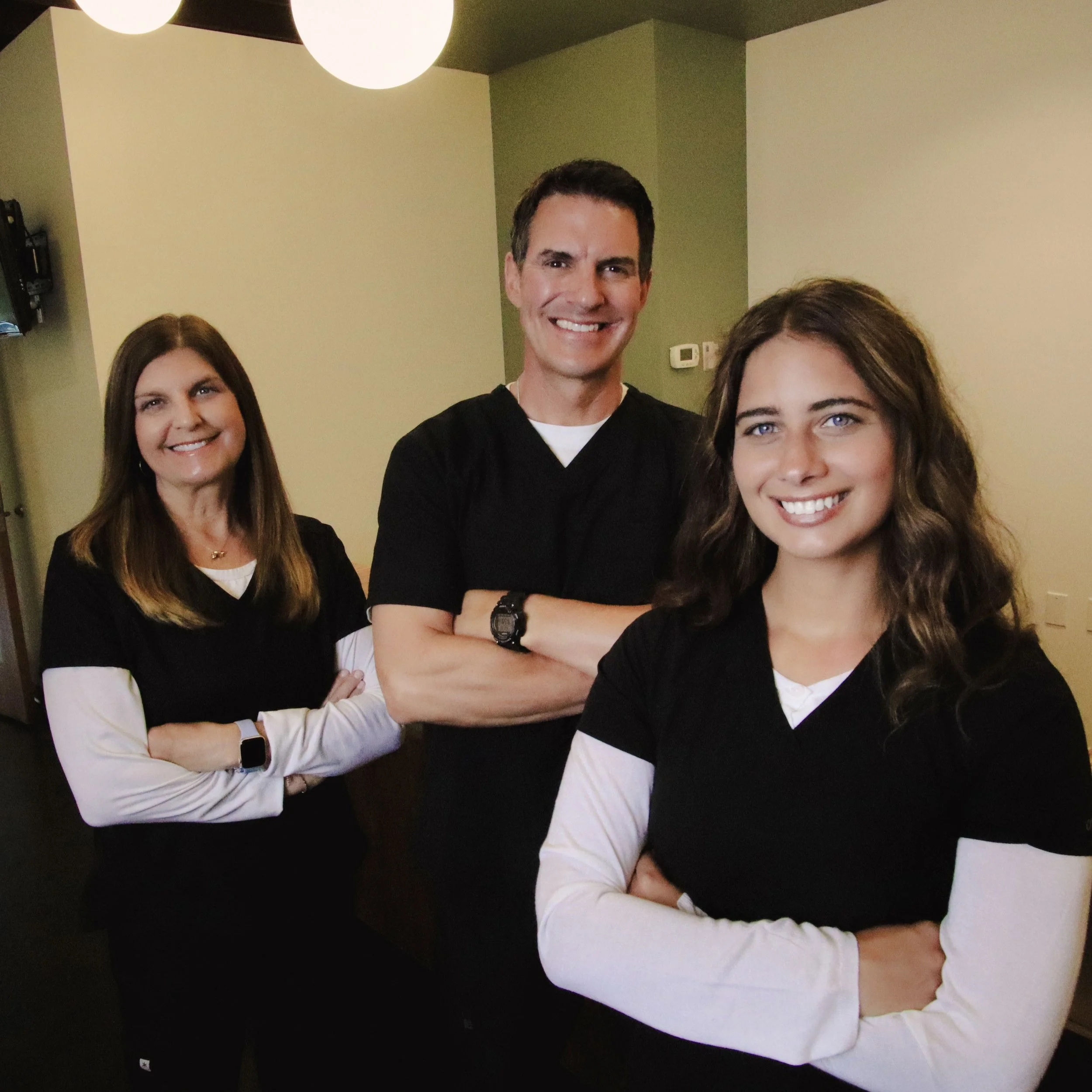
Patient Instructions
Everything you need to know—before and after your endodontic treatment.
Our goal is simple: to make your experience as smooth, safe, and stress-free as possible. Below you’ll find easy-to-follow instructions for your visit with us—what to do before treatment, how to care for your tooth afterward, and what to expect during recovery.
Before Your Endodontic Treatment
Your procedure will be done using local anesthesia—you’ll be numb, but awake and alert.
You may drive yourself to and from the appointment. Most patients return to work the same day.
If you take medications for blood pressure, diabetes, thyroid, or other conditions, continue taking them as prescribed. If you're unsure, call us ahead of time.
Eat a full meal before your appointment—don’t arrive on an empty stomach.
If you’ve been told by your physician or dentist to take antibiotic premedication, please do so as directed. This may apply if you have a heart murmur, joint replacement, or certain heart conditions.
Questions? Call us before your visit—we’re happy to help.
After Endodontic Treatment
Your root canal has been completed and the inner part of your tooth is permanently sealed. However, the outer surface is protected by a temporary filling. To protect your tooth:
Avoid chewing on the treated side until your restorative dentist places a permanent crown or filling.
Mild tenderness is common for a few days—especially when chewing.
You can brush and floss normally unless otherwise instructed.
For discomfort, take ibuprofen (Advil) or acetaminophen (Tylenol) as directed.
Do not consume alcohol while taking pain medications.
A follow-up restoration is critical.
Call your general dentist promptly to schedule the next step in protecting your tooth. We’ll send them a complete report of your treatment.
Post-Treatment Issues to Watch For
Pain or Swelling
Mild discomfort is normal. If you experience significant pain or swelling, or your medication isn’t helping—call us right away.
Nerve Sensitivity (Lower Teeth)
In rare cases involving lower molars, you may experience tingling or numbness in your lip, chin, or tongue. This is usually temporary, but let us know immediately if it occurs.
Sinus Involvement (Upper Teeth)
The roots of upper teeth can be near your sinuses. If a connection forms during surgery:
Don’t blow your nose for 2–3 days
Sneeze with your mouth open
Avoid creating pressure in the sinus area
We’ll give you special instructions if needed.
Infections & Antibiotics
Post-op infections are uncommon but can happen. If necessary, we’ll prescribe a short course of antibiotics.
If you’re prone to infections or have been instructed to premedicate due to heart or joint conditions, please let us know in advance.
Oral Sedation Instructions
Only for patients pre-approved for sedation.
Before Your Appointment:
Take regular medications unless told otherwise
No food or drink for 8 hours prior
No smoking or alcohol for 8 hours
You must have a responsible adult drive you to the office
No chance of pregnancy
After Your Appointment:
No driving or operating machinery for 12 hours
No alcohol for 12 hours
Continue regular medications as instructed
Your escort should stay with you for at least 4 hours post-treatment
Emergency? We’re Here for You
If you have any concerns after your treatment—or if you’re experiencing swelling, pain, or unexpected symptoms—please don’t wait.
Call us at (303) 815-7251 (after-hours line available)
Have your pharmacy information ready if we need to call in medication
We’re here for you at every step—before, during, and after your procedure.
Questions? Need to schedule your next visit?
📞 Call us today. We’re happy to help.



